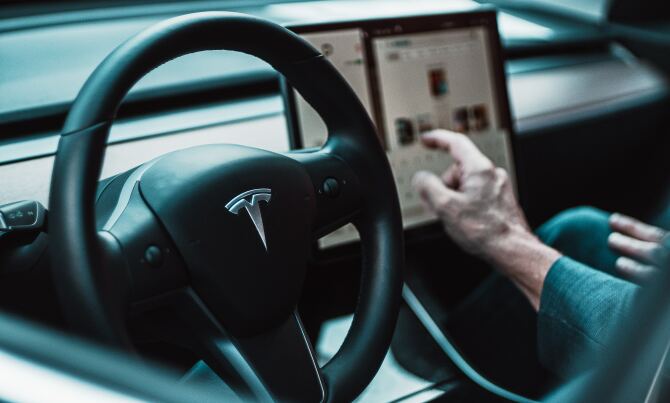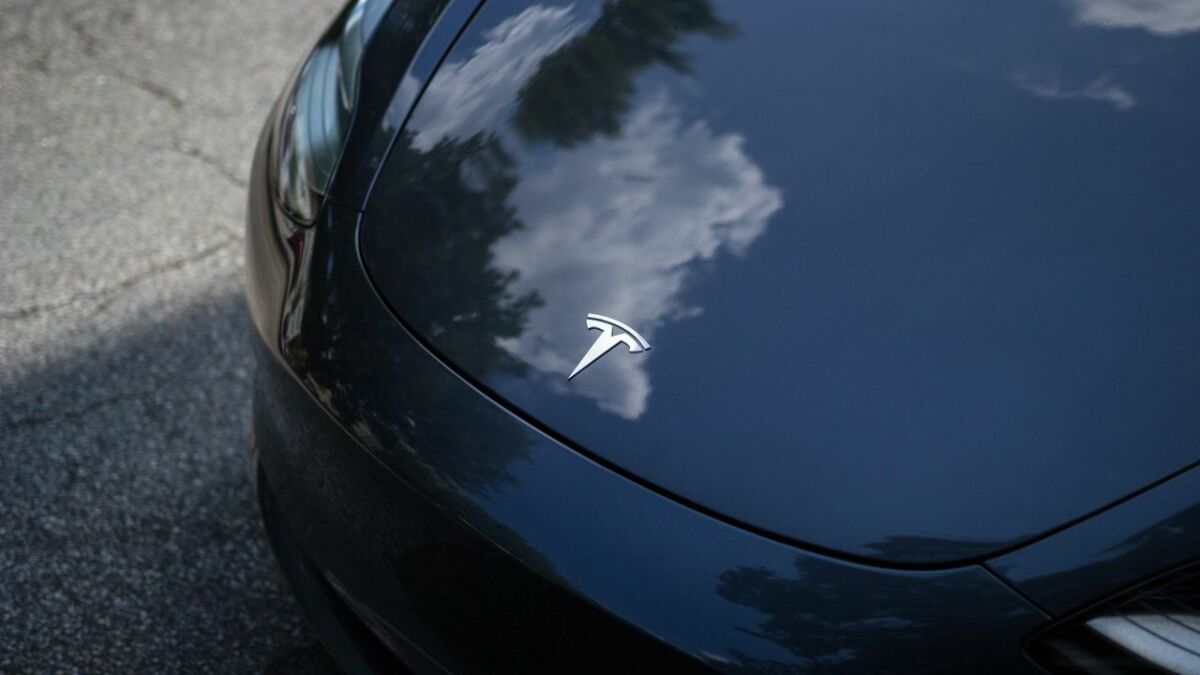[ad_1]
A German news outlet has found itself in possession of thousands of Tesla customer complaints, all involving the electric vehicle maker’s Autopilot feature. The 100 GB of documents cover alleged issues from unintentional emergency braking to self-acceleration, which is mentioned more than 2,400 times.
The complaints reportedly cover incidents from 2015 through March 2022, during which Tesla shipped more than 2.5 million vehicles with Autopilot software. They overwhelmingly focus on the issue of self-acceleration, or sudden, unwarranted speed increases. Among those complaints are 1,500 reports involving brake function problems, 139 involving unintentional emergency braking, and 383 involving “phantom stops” produced by false collision warnings. While most complaints are said to have come from US drivers, some were sent in by Tesla owners in Europe and Asia.
The jarring nature of the leaked documents doesn’t end with the complaints themselves; it also extends to how Tesla treated the complaints. Handelsblatt writes that Tesla’s customer service refused to communicate in writing with upset customers, many of whom ended up selling their Teslas or returning them to the automaker to avoid potential injury. Tesla agents were told not to communicate the details of a report via email, text message, or even voicemail. One customer, whose Tesla allegedly self-accelerated and crashed into two concrete pillars in 2021, told Handelsblatt that all of their communications with the company had been verbal.

Credit: David von Diemar/Unsplash
Handelsblatt confirmed the documents’ legitimacy with the Fraunhofer Institute for Secure Information Technology after receiving the complaints from an anonymous insider. During the six months Handelsblatt employees spent reviewing the complaints, Tesla refused to comment, saying only that it had “reason to believe that a disgruntled ex-employee (…) right before he left Tesla, misused his access as a service technician to exfiltrate information in violation of his signed non-disclosure agreement, Tesla’s data management policies and practices, and EU and German law.” A letter from Tesla’s legal department ordered Handelsblatt to send the EV maker a copy of the data and then delete its own copies, threatening legal action if the publication didn’t comply.
Handelsblatt editor-in-chief Sebastian Matthes published a report anyway, saying EU law would protect the company under these extraordinary circumstances. “Believe me, I prefer to report about successful innovations, and I like courageous entrepreneurial visions,” the English translation of Matthes’ open letter reads. “But I have no doubt: this story belongs to the public.”
[ad_2]
Source link

